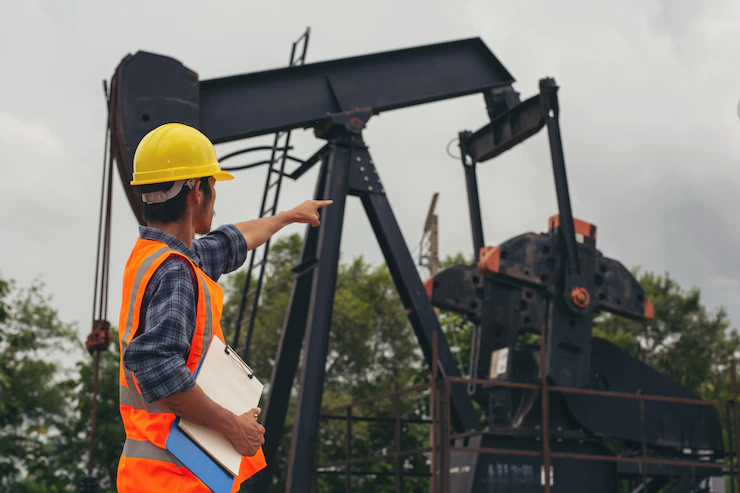Do you want to apply for admission in petroleum engineering? Petroleum, natural gas, and other hydrocarbons are handled by a particular engineering discipline called “Petroleum Engineering.” Students may pursue a B Tech Petroleum Engineering course or an M Tech in petroleum engineering after completing their 10+2 (undergraduate degree (B.Tech)). For those who have completed postgraduate studies in petroleum engineering, research-based opportunities are abundant. Physics, chemistry, arithmetic, geology, thermodynamics, computing, applied mechanics, and structural engineering are just a few of the many topics covered in a petroleum engineering degree program.
When it comes to extracting oil and gas from deep inside the Earth’s crust, only a licensed petroleum engineer has the training and expertise to do so. This engineering in petroleum specialization provides various benefits, including the ability to work and live in isolated regions such as islands or the desert.
How Long Can You Expect To Work In The Petroleum Industry?
A student’s degree and experience level determine the length of their Petroleum Engineering (P.E.) program. A minimum of three years is required to complete a diploma, which is taken immediately after completing the 10th grade. Master’s students typically take three years, whereas Ph.D. students take four or five.
The length of time it takes to complete a degree in Physical Education (P.E.) varies depending on the institution. Diploma and undergraduate programs in engineering in petroleum generally last 4-6 years. As long as 7-8 years, research-based programs may be completed, depending on the conditions, the research adviser, and the progress achieved in the study.
Petroleum Engineering Admissions Requirements
A minimum of 55% in the Class 10 board test is required for admission to a diploma program in petroleum engineering colleges. The passing mark is lowered for applicants who fall within one of the SC/ST categories.
To admit students for undergraduate study, government institutions need a Class 12 average of at least 75% in math, physics, and chemistry. Sixty percent in both Class 10 and Class 12 from the recognized Examination Board is the minimum requirement for admission. However. Students in the SC/ST/PwD group are eligible for a 5% reduction in ineligibility. Private colleges have standards that might be somewhat different from public universities.
An undergraduate B.E. or B.Tech degree from any AICTE-approved institution or a Parliamentary Act-approved central or state university with a minimum of 60 percent marks or 6.0 (out of 10.0) GPA in the field of Petroleum Engineering is required.
Requirements For Admission To Petroleum Engineering After Class 12
Candidates must pass the entrance test and have a grade of at least a C in 12th grade to be considered for admission. Different colleges and universities accept results from various admission exams for undergraduate and graduate programs.
Petroleum Engineering Course Fees and Expenditures
According to popular engineering in petroleum degrees’ tuition fees and college costs, below are the details:
A Bachelor’s Degree
It costs between Rs. 15,000 to Rs. 1,30,000 for the whole process. There are currently no government polytechnic institutions that provide a Diploma in Physical Education (P.E.).
Graduate School and Independent Study
Postgraduate courses are often less expensive than undergraduate ones. Stipends are also available to postgraduate students. For two years, you’ll pay anything from Rs. 1,15,000 to Rs. 3,45,000 in fees. M.S. and Ph.D. students in P.E. get a stipend of between Rs. 12,000 and Rs. 45,000 per month, depending on their level of study.
Conclusion
Admission to the btech in petroleum engineering program is open to those with a 10+2 diploma or equivalent from a recognized educational board and meets the required minimum aggregate score. Degree in petroleum engineering is a discipline of engineering that focuses on hydrocarbons, which may be crude oil or natural gas, and the activities and processes involved in their production. You may visit the website of top-level universities and apply for admission to this course.







